Faculty

Contact Information
- miriam.bredella@nyulangone.org
- 212-263-5230
Miriam A. Bredella, MD, MBA
Professor
As a radiologist at NYU Langone, my dedication to providing comprehensive care is driven by a deep interest in musculoskeletal imaging and intervention. I specialize in diagnosing and treating common conditions such as sports injuries, arthritis, and bone and soft tissue tumors. I am also passionate about integrating the latest technology into clinical practice. In my role as vice chair for strategy within the Department of Radiology, I lead the integration of FDA-approved artificial intelligence algorithms.
Beyond radiology, I am deeply involved in translational science. As the associate dean for translational science and director of NYU Langone’s Clinical and Translational Science Institute, I guide the strategic growth of NYU Langone’s clinical and translational research program. This includes directing the development of external partnerships related to clinical research, enhancing clinical trial participant recruitment through technological advances, and mentoring clinical research leaders.
Throughout my career, I have been acknowledged for my leadership and innovative initiatives, especially in mentorship and people development. I have established numerous programs to support the academic and professional growth of faculty and trainees. This commitment to mentorship has earned me awards such as the Innovative Initiatives Award from the Boston Women’s Workforce Council, the AAMC Group on Women in Medicine and Science Leadership Award, and the Shirley Driscoll Dean’s Leadership Award for the Enhancement of Women’s Careers from Harvard Medical School.
My journey into medicine was inspired by a desire to make a difference in patients’ lives through the power of diagnostic excellence. I am a fellow of the American College of Radiology and a Scholar in Diagnostic Excellence of the National Academy of Medicine. These recognitions affirm my accomplishments, leadership, and potential to advance diagnostic excellence and equity, improve diagnosis, reduce diagnostic errors, and contribute to the work of the National Academies of Sciences, Engineering, and Medicine consensus report “Improving Diagnosis in Health Care”.


